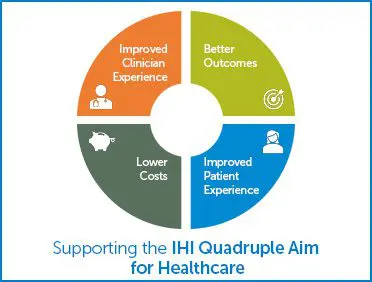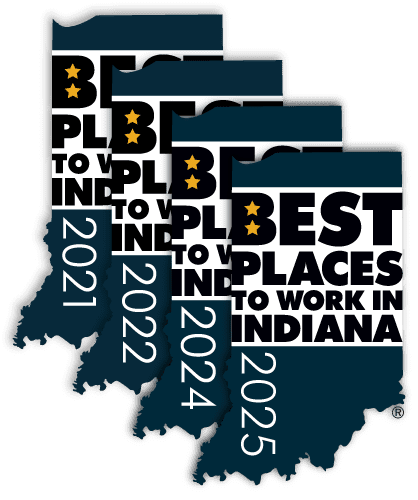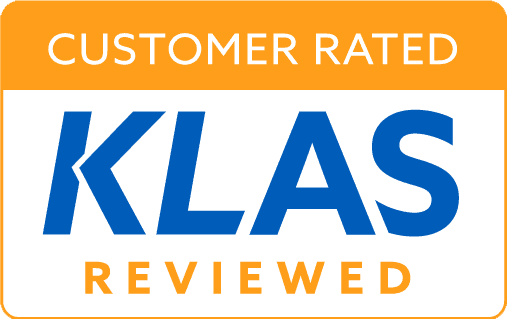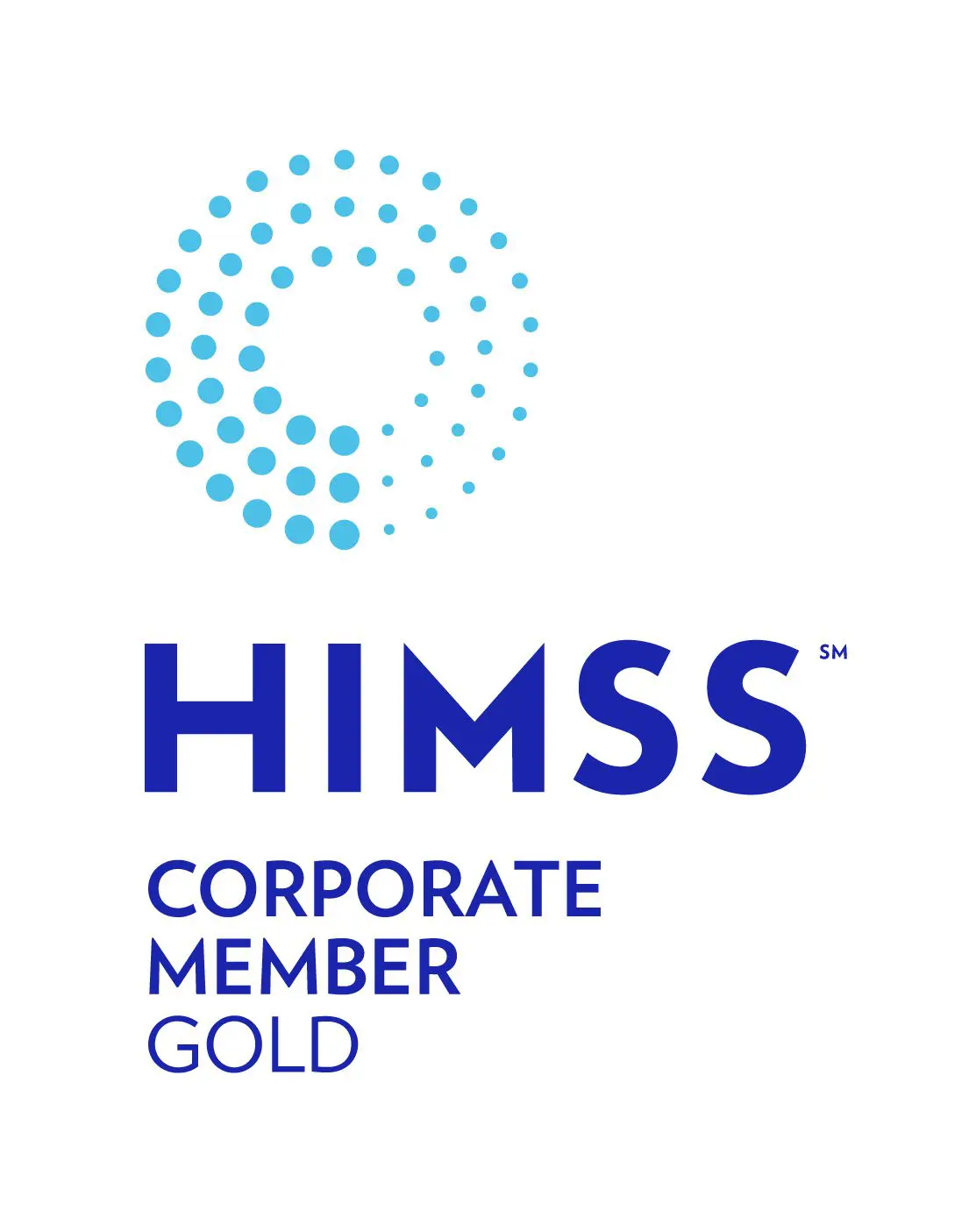
Measuring success in healthcare is not new. Years ago, there were six widely accepted healthcare quality factors viewed as most important. The factors, based on Institute of Medicine report Crossing the Quality Chasm, provided a framework for measuring care based on it being safe, effective, patient centered, timely, efficient, and equitable.
In 2006, a breakthrough idea from two faculty members from the Institute for Healthcare Improvement (IHI) suggested that, although the six quality measurements were essential, the goal of healthcare was much larger than just at the point of care. John Whittington, MD and Tom Nolan, PhD developed the Triple Aim approach which focuses on enhancing the patient experience, improving population health and reducing costs. Their 3-prong approach became an industry standard of excellence.
What became apparent as the years went on is that physician burnout threatened the symbiosis to patient care Triple Aim was geared towards providing. This led to the addition of a fourth aspect to the compass that continues to guide the healthcare system forward – thus creating Quadruple Aim.
There are a number of people, process and technology strategies that healthcare delivery organizations can employ to accomplish Quadruple Aim. One area is data lifecycle management, which affects the ways legacy data is handled when clinical, financial and administrative systems in the healthcare ecosystem get replaced.
Consolidating legacy data stores and deploying a HIPAA-compliant, long-term record storage solution like HealthData Archiver® helps both acute and ambulatory facilities achieve Quadruple Aim optimization in the following ways:
Lower Costs
In general, implementing an active archive platform like HealthData Archiver® can provide a return on investment within 12-18 months. The savings can be measured against maintenance cost of the legacy systems, IT labor to administer those systems, training of users over time on antiquated and out-of-production systems, hardware infrastructure, etc. It will also allow for legal and compliance teams to more efficiently prepare for litigation or legal inquiry with faster eDiscovery versus waiting on HIM to search multiple systems and consolidate records. Easier access to records and the ability to quickly search across consolidated legacy data sources also increases efficiencies when the revenue cycle management team may be preparing for a payer audit. In addition, this legacy data archiving solution also provides the ability to decommission a revenue cycle system early and wind-down A/R by posting transactions in an active archive.
Improved Patient Experience
Consolidated historical records provide a health information management (HIM) team the ability to comprehensively fulfill a release of information request quickly and accurately. That means that patients wait less time, increasing their satisfaction with a process that can take days or weeks if records are stored in multiple legacy systems across the network and must be queried and consolidated. Another area where patients see an improved experience from data archiving is at time of care. With HealthData Archiver® in place and connected via an API to an active EHR (i.e., Epic), clinicians can instantaneously gain access to the patient’s full clinical narrative at the time of treatment through Single Sign-On. This promotes better patient care through more informed decision-making for treatment because the patient’s history is readily accessible for consideration.
Better Outcomes
A discrete data archive allows clinicians to filter and sort on historical records for quicker results, and also allows researchers to mine legacy records in support of population health initiatives and management. Further, analyzing legacy data can help with predictive analytics for initiatives like the All of Us Research Program, which gathers health information used to investigate diseases, predict disease risk, and find improved diagnosis and treatment strategies.
If we expand our definition of outcomes outside of the clinical realm and into security, legacy data archiving brings additional benefits. Defenses against cybersecurity and data breach can be fortified when data is consolidated with tighter security controls in an active archive.
Improved Clinician Experience
The Single Sign-On feature in HealthData Archiver® provides in-context access to historical patient records from the active EHR. That means that clinicians no longer need to request and wait for information from HIM, nor do they need to spend time logging in to legacy systems separately. Benefits also extend to the consolidation of historical records out of data traps/silos and into ONE archive that offers a Consolidated Clinical View to clinicians as an option.
And, with patient care always being the forefront of any clinician’s work, extensive security measures and features deliver increased protection from cybersecurity attacks and provide peace of mind that PHI is being stored safely so the focus can be where it’s most important – the patient.
At Harmony Healthcare IT, we believe in doing our part to ensure our clients are on target with Quadruple Aim.
We believe in stepping up with innovative solutions that help manage the life cycle of data and provide secure access to it.
We believe in measuring success.
Ranked #1 in 2020 Best in KLAS Report for Data Archiving, and Rated #1 by Black Book for Data Extraction and Migration we’re committed to quality, routinely tracking our own customer satisfaction and Net Promoter Scores throughout the project lifecycle to feed a continuous loop of product enhancement and process improvement.
Ready to hit the bullseye in Quadruple Aim?







